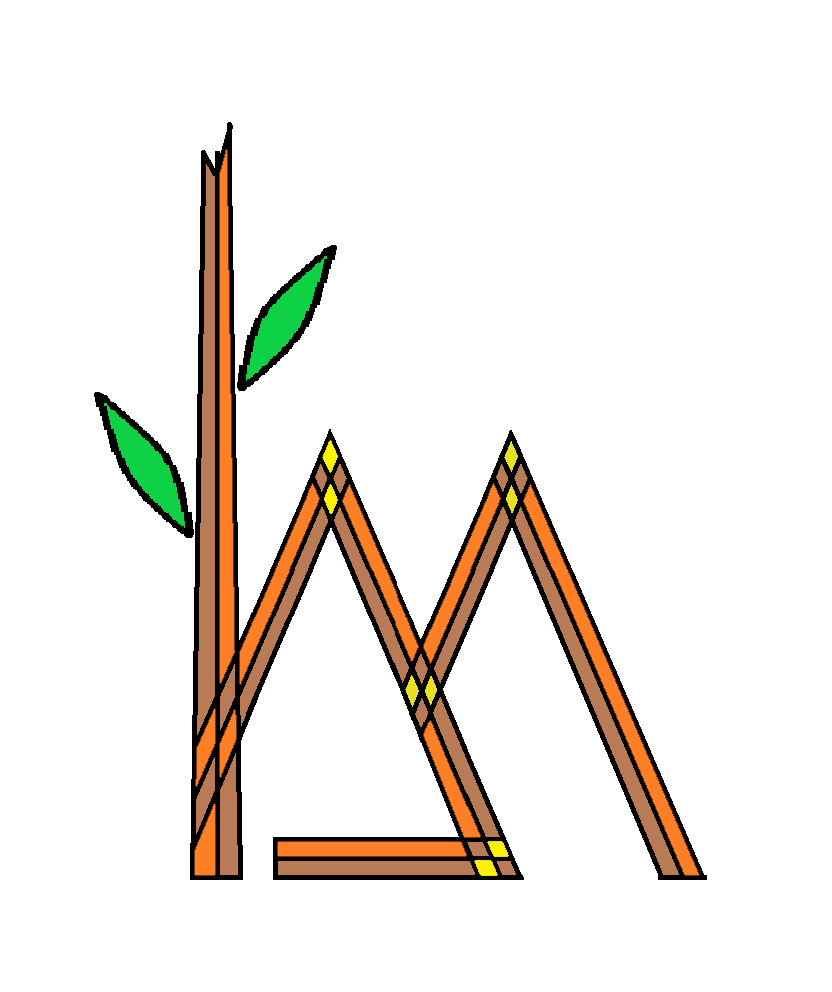ISRAEL YEAR-ROUND
ISRAEL YEAR-ROUND
Here you can learn about natural and cultural time cycles in Israel.
Israeli Climates
The State of Israel is located between the 30N and 33N latitudes – as are Morocco, Algeria, Libya, Egypt, Jordan, Saudi Arabia, Iraq, Iran, southern California, Arizona, New Mexico, and Texas. Much of its territory is an arid desert, contiguous with the Sahara, Sinai, and Arabian deserts. Other parts of the country experience fluctuations in rainfall, with frequent drought years.
The Northern regions of Israel receive more rainfall. Most rain falls between October and March, especially in December, January and February – which are also the colder months. But rainy days are not frequent: On the average, there are only 26 days a year with heavy rain in Jerusalem and Tel Aviv, 34 in Haifa, only 2 in the Dead Sea region and 1 in Eilat.
April to October is the warmer season, with the hottest and most humid months being July and August.
Calendars in Israel
As you know, The natural seasons are determined by the solar cycle. That's why the Gregorian Calendar is the common calendar in Israel too. However, Jews and Muslims use their own calendars – the Hebrew (Jewish) calendar, as well as the Hijri (Muslim) calendar – for their rituals. These calendars are lunar, so that a new moon begins a new month.
Many Jewish rituals, such as holidays, are tightly connected to a natural season. Since the twelve-month lunar year is shorter than the twelve-month solar year, some Hebrew years have an additional month, so as to synchronize the Hebrew calendar and the Jewish holidays with the natural seasons.
Holidays in Israel
There are many holidays in Israel, celebrated by the various religious groups in the country - each one using its own calendar.
The main Jewish holidays, some lasting more than a day, are Rosh Ha'Shanah (new year), Yom Kippur (Day of Atonement), Sukkot (Feast of Tabernacles), Hanukkah, Purim, Pesach (Passover), Independence Day, and Shavu'ot (Feast of the Weeks).
The main Christians festivals are the Hoy Week, culminating in Easter, and Christmas. Some denominations use the Gregorian calendar and some the Julian calendar.
Muslims have two main holidays, Id el-Adha (Feast of the Sacrifice) and Id el-Fitr (Breaking the Fast), which marks the end of the Holy Month of Ramadan.
It is important to be aware of the holidays to be celebrated during your stay in Israel, especially since they may affect public transportation and opening hours of sites you want to visit.
To check the dates of any holidays occuring during the next months, see Upcoming Events.
The Israeli Week
Sabbath day (Saturday) – starting before sunset on Friday and ending after sunset on Saturday – is a holy day for the Jews, according to one of the Ten Commandments. Therefore, working days in Israel are from Sunday to Thursday or Friday; Friday may be part of the weekend or a short working day.
Therefore, offices, banks, public busses, trains, and many Jewish restaurants – but not national parks and taxis – are closed from Friday noon until Sunday morning. Jewish schools are closed on Saturdays. Muslim schools are closed on Fridays, and Christian – on Sundays.
Sabbath regime applies, partly or fully, to some of the Jewish holidays; and there are many of them.
Daylight Savings Time (Summer)
Please notice that dates for Daylight Savings Time in Israel do not necessarily coincide with the dates in your country. In Israel, it begins on the Friday before the last Sunday of March, and ends on the last Sunday of October.
האתר נבנה ועוצב ע"י חברת קודנט בניית אתרים לעסקים
| קידום אורגני


